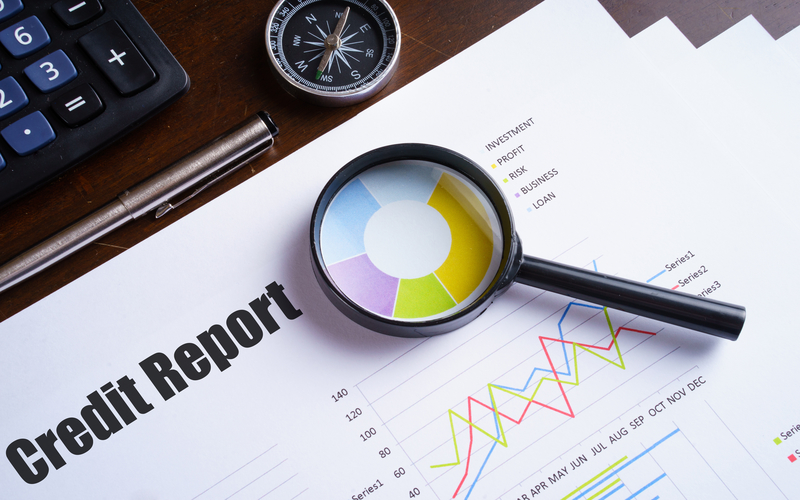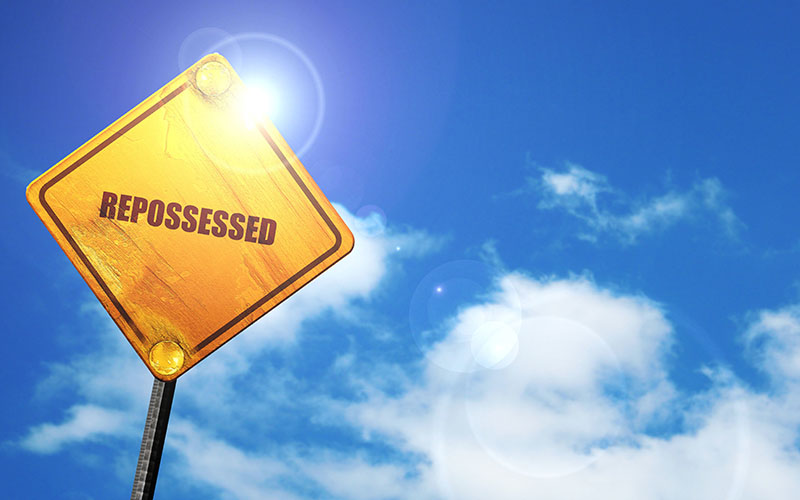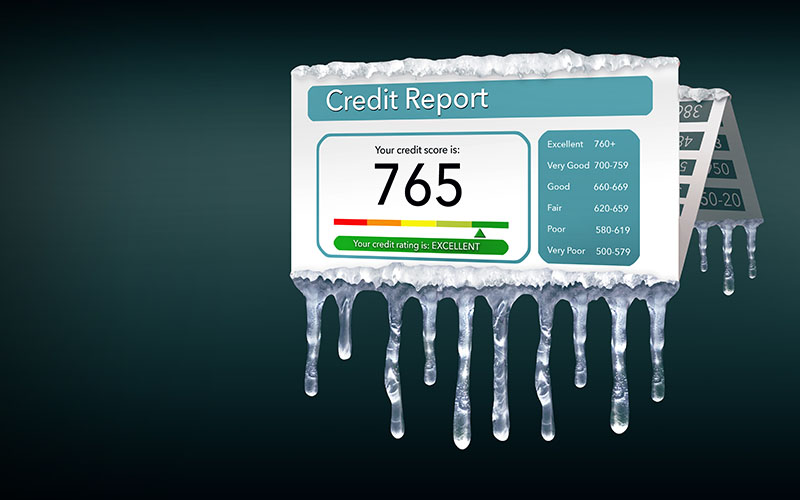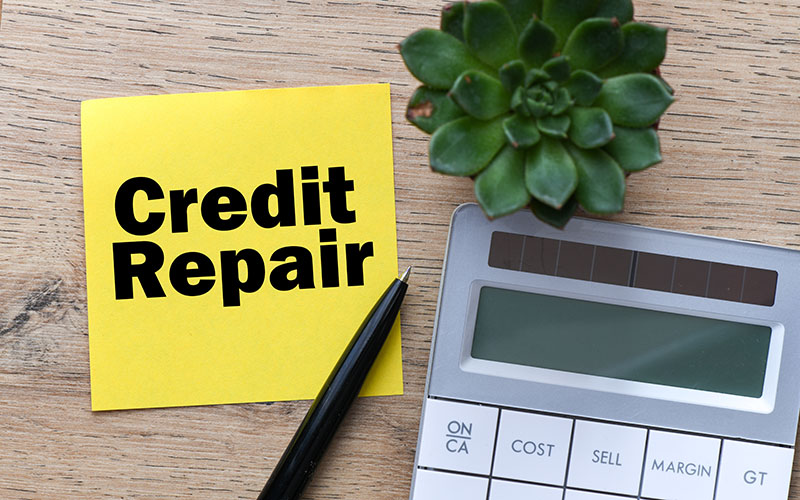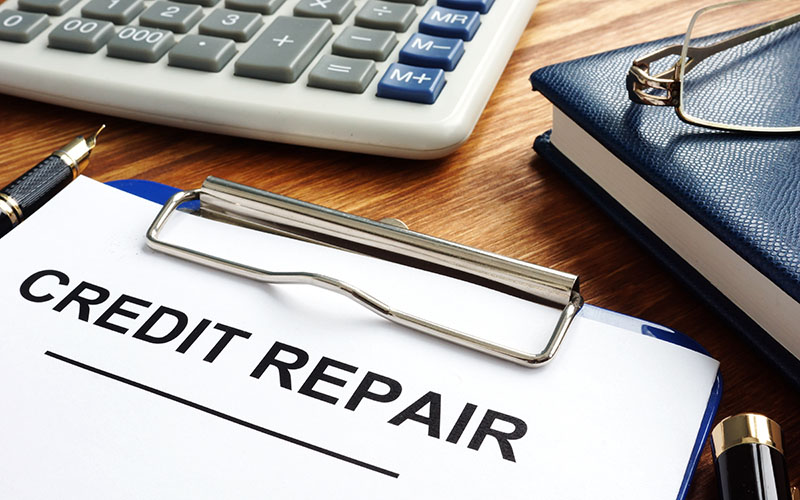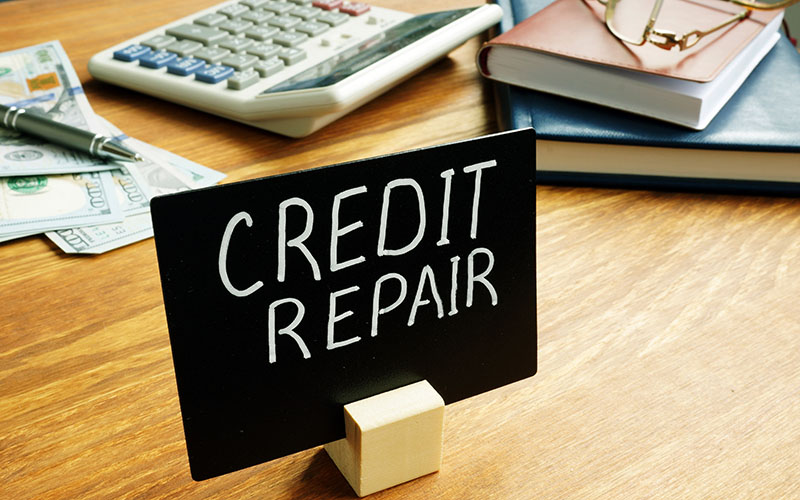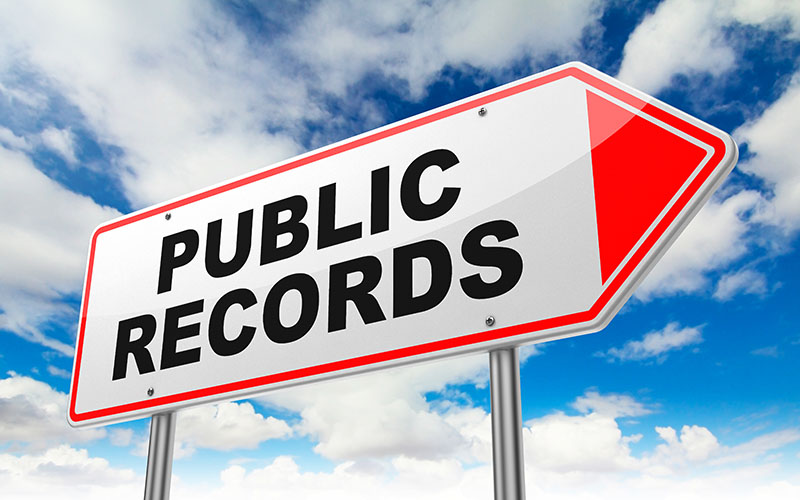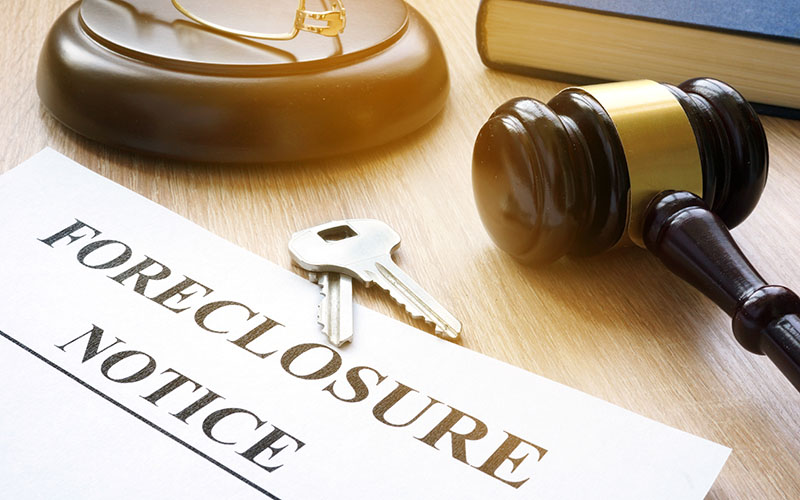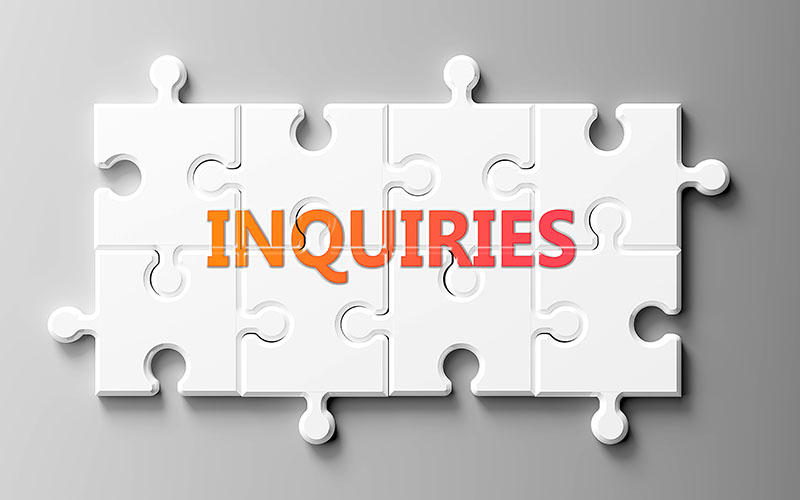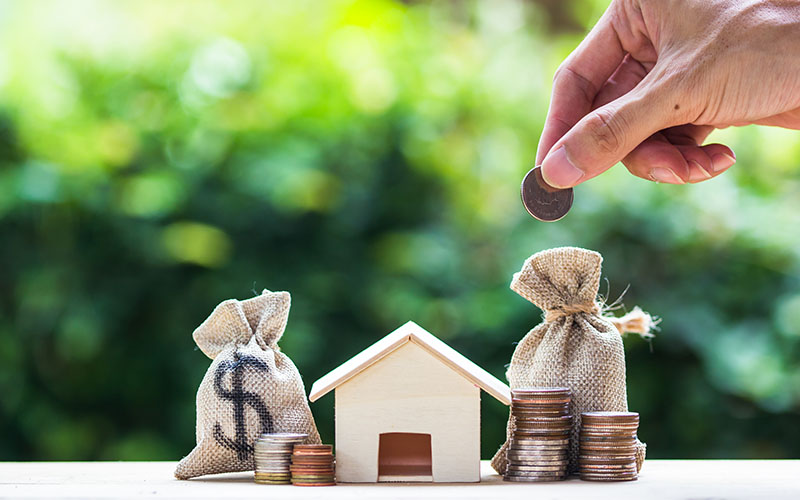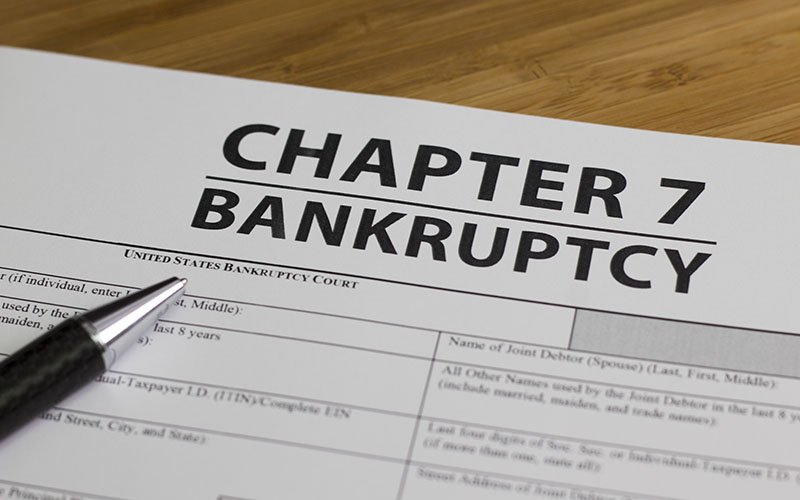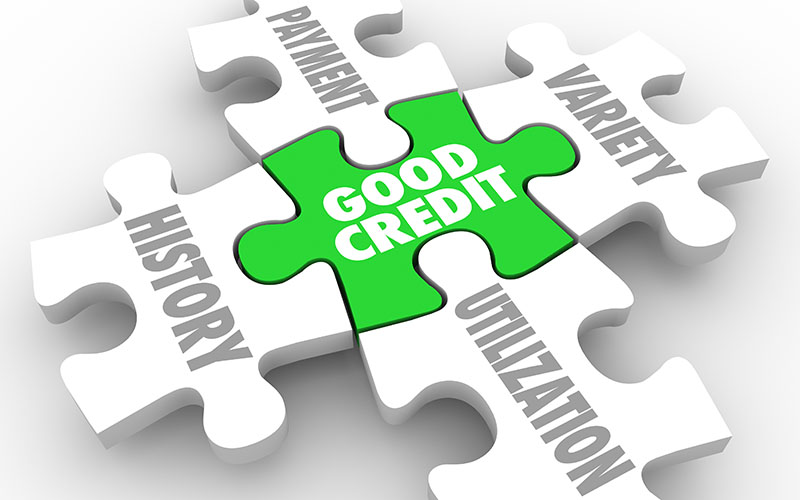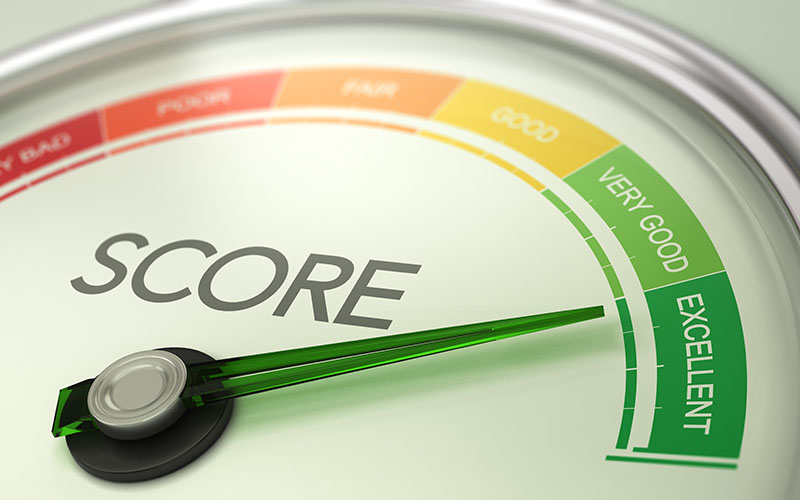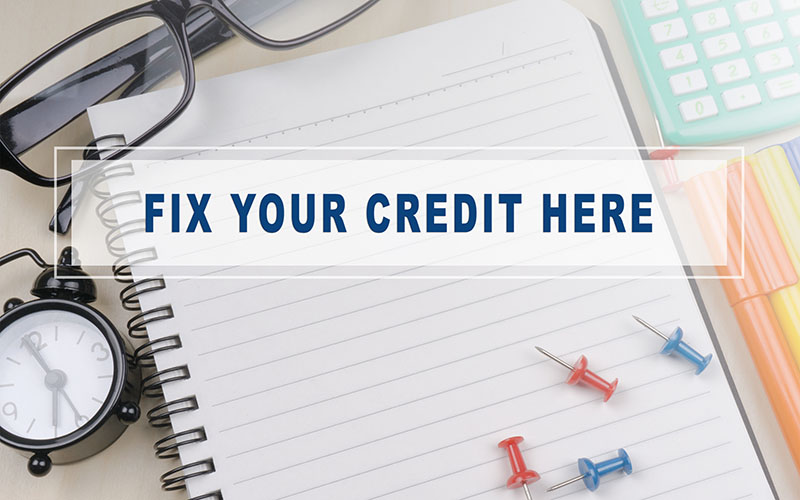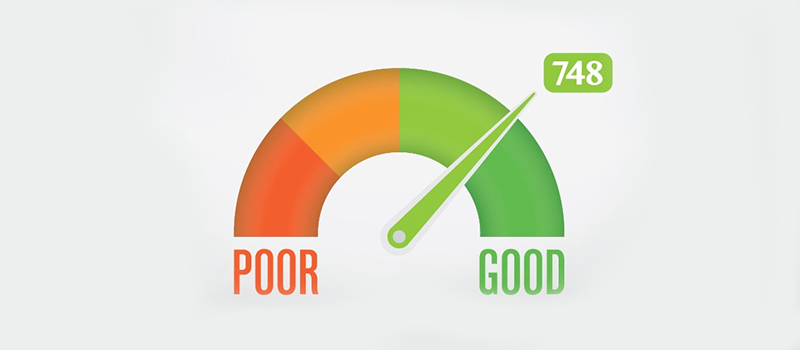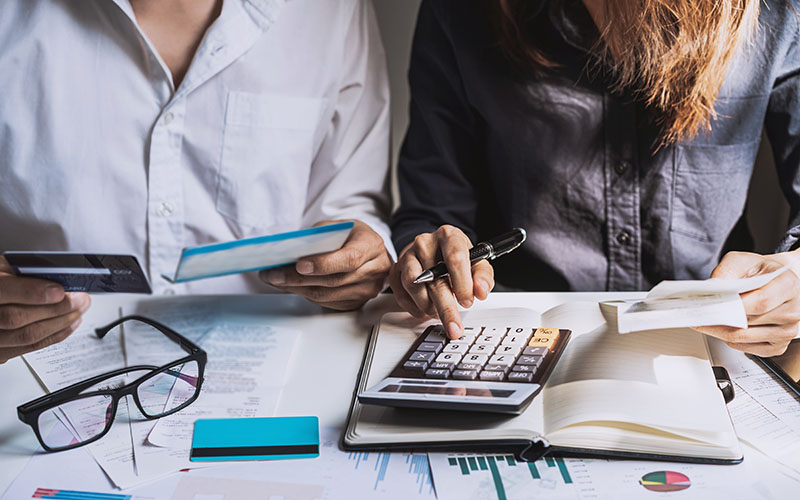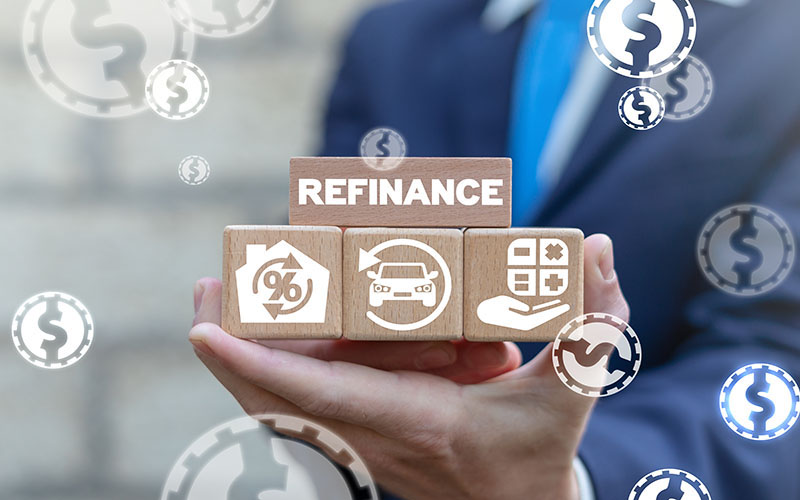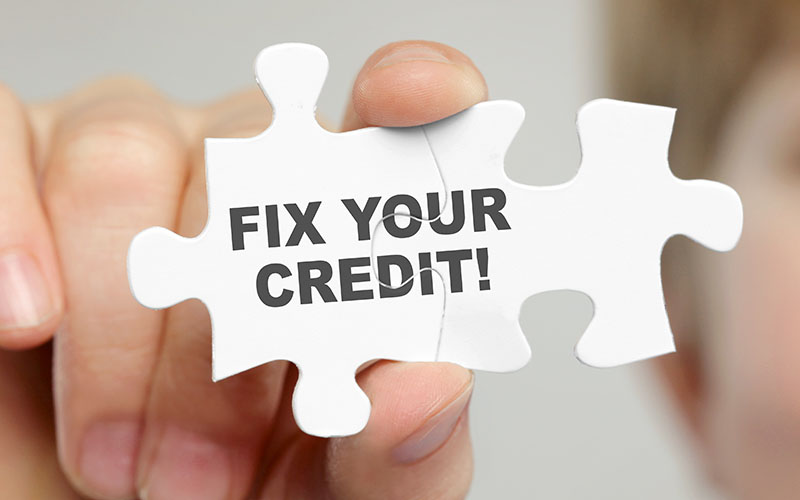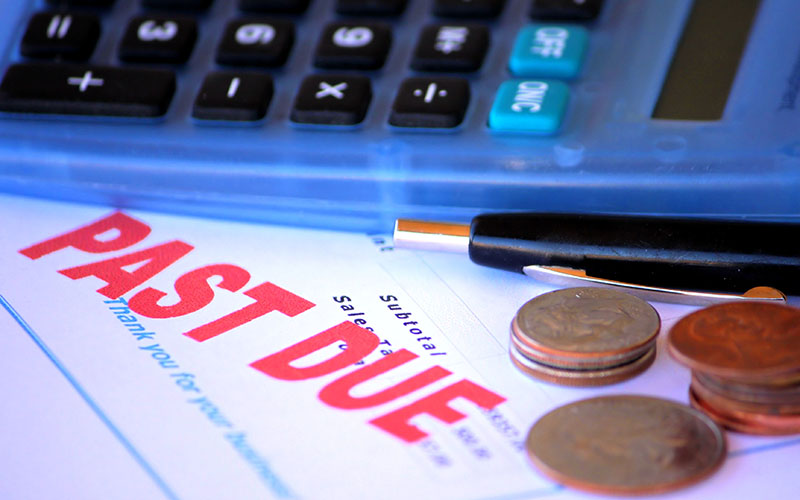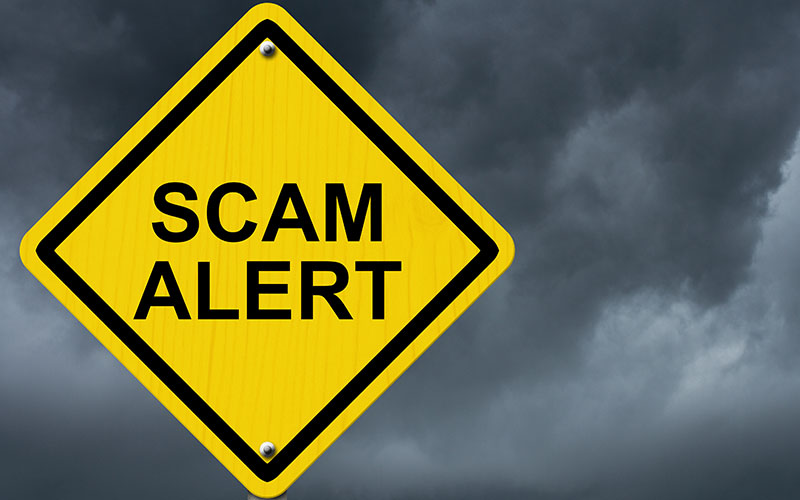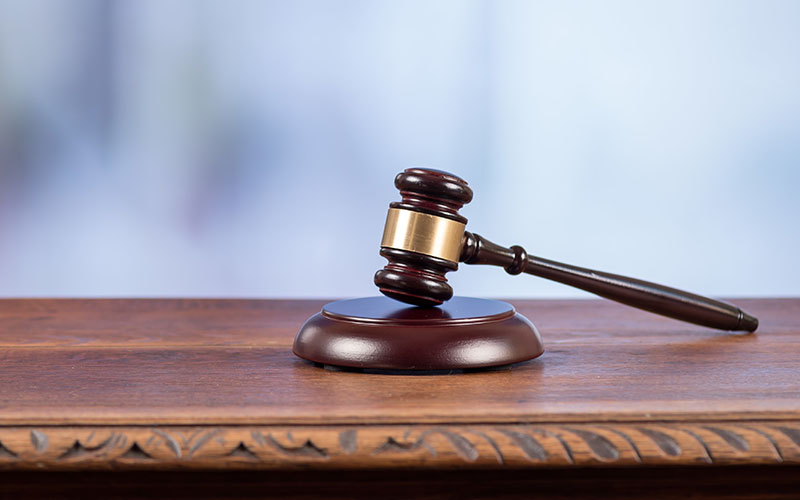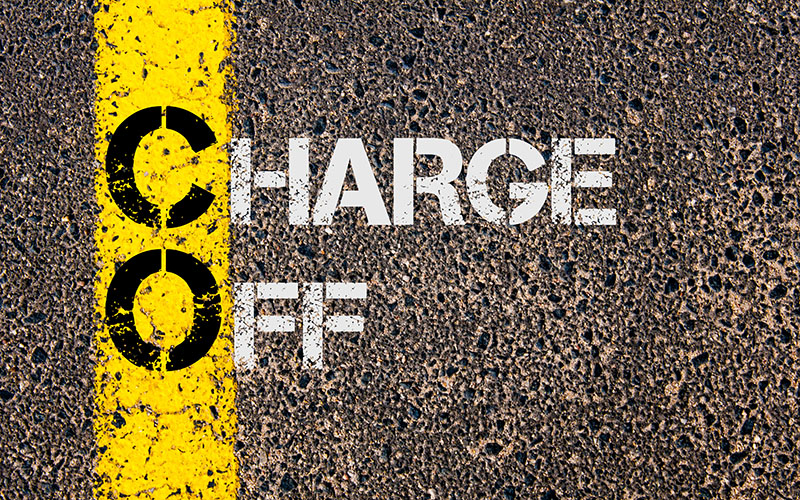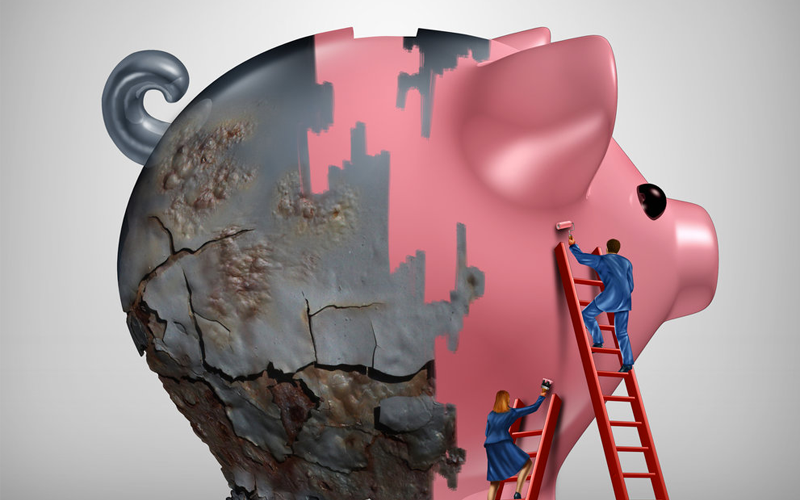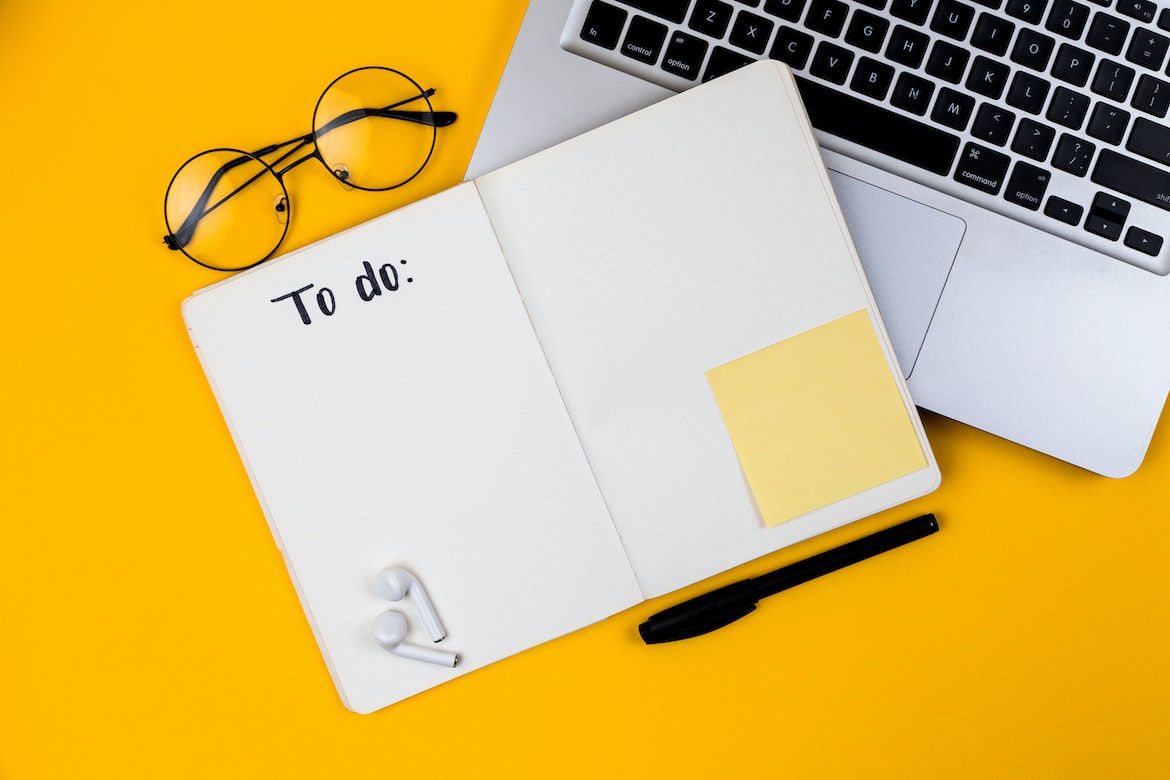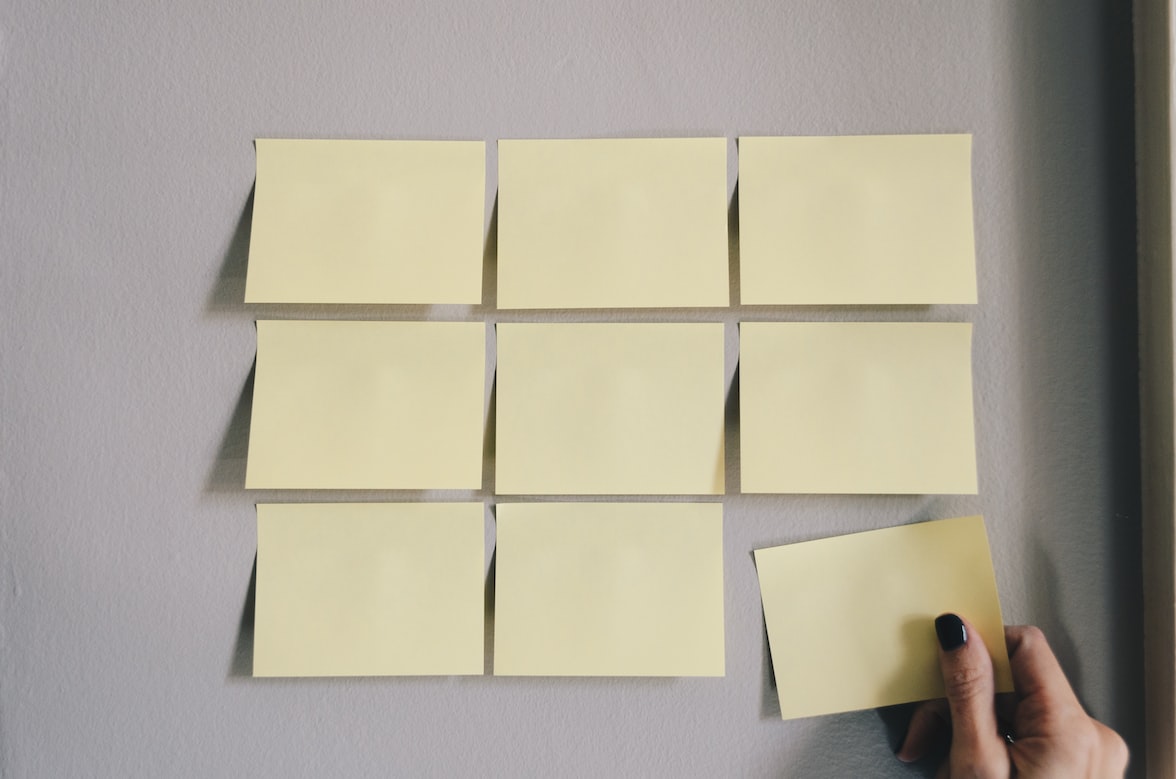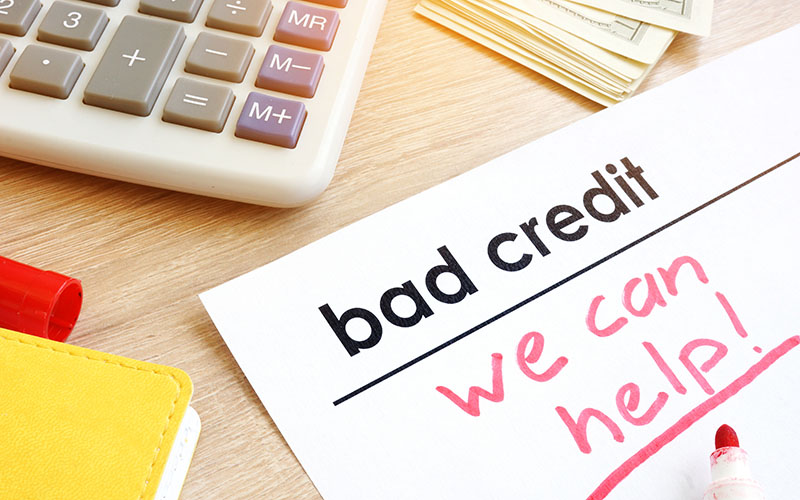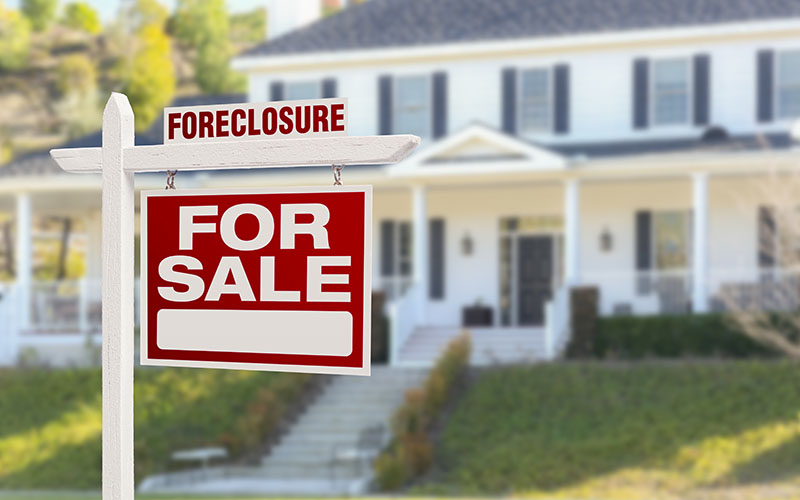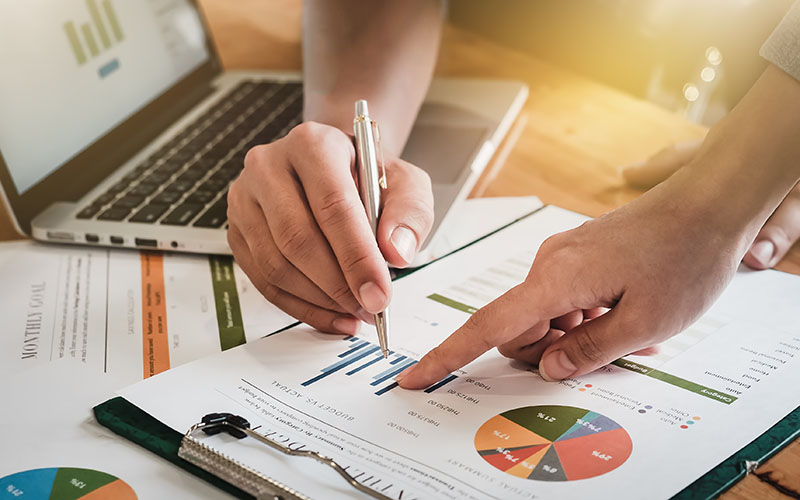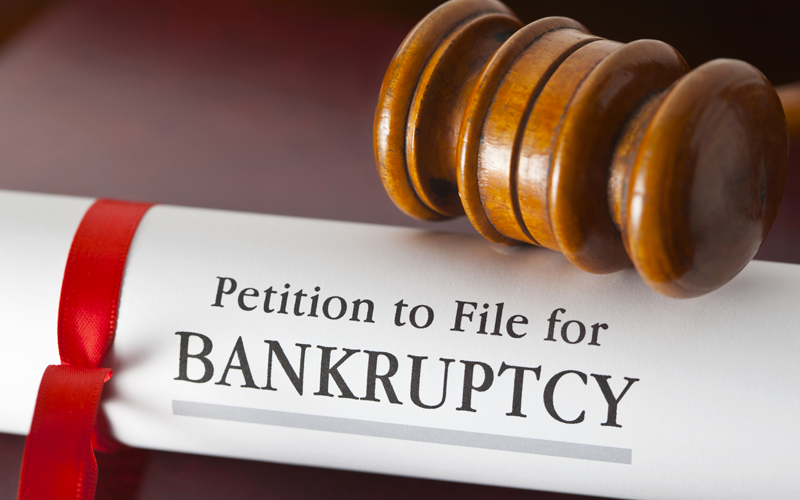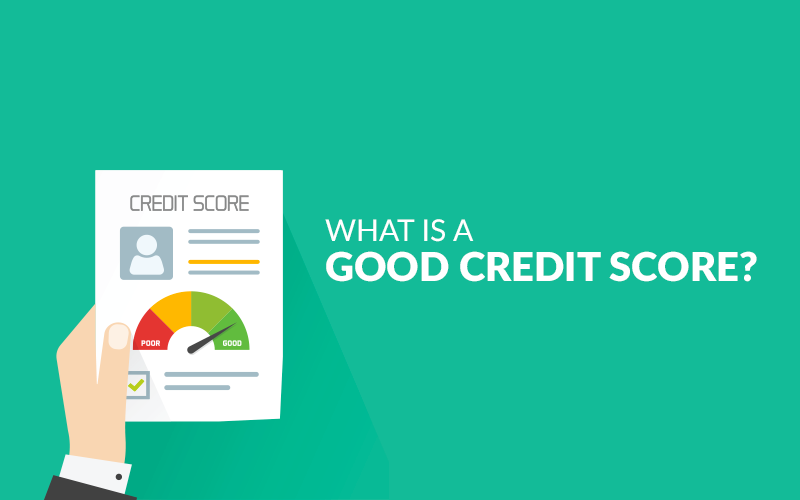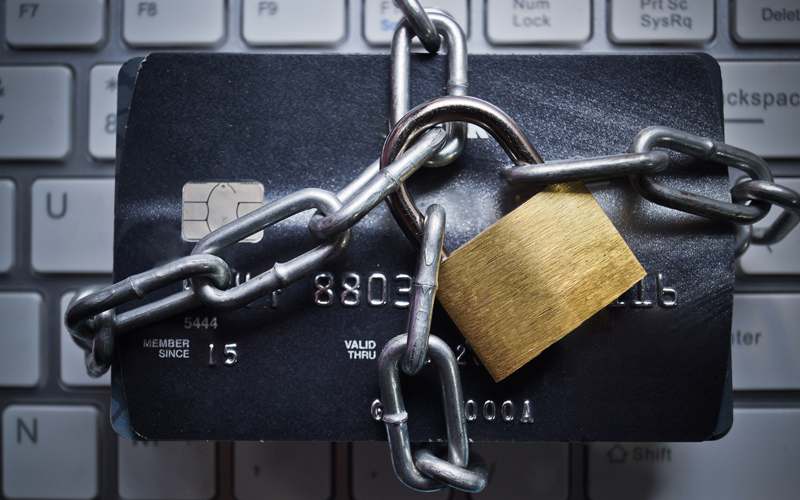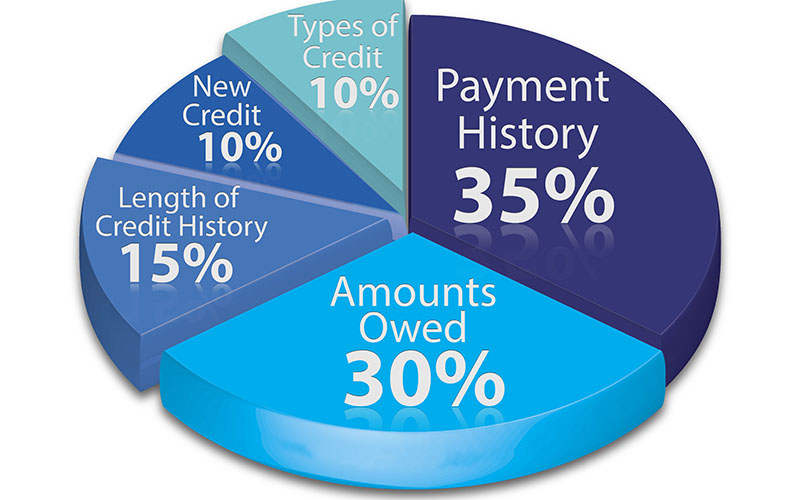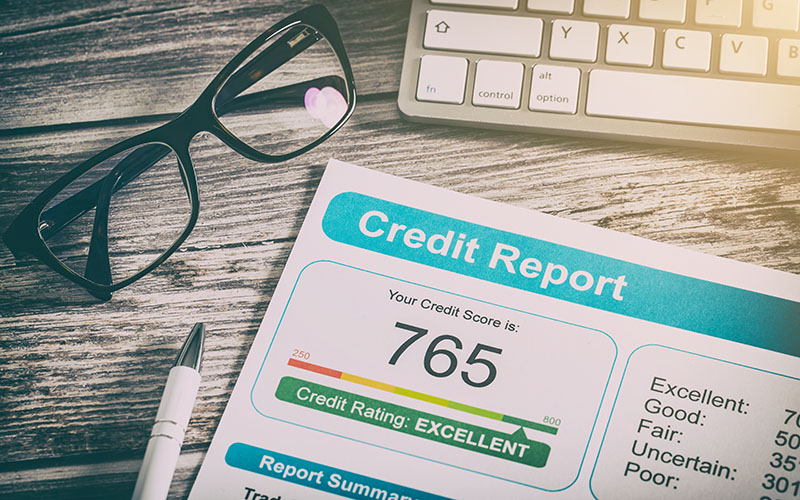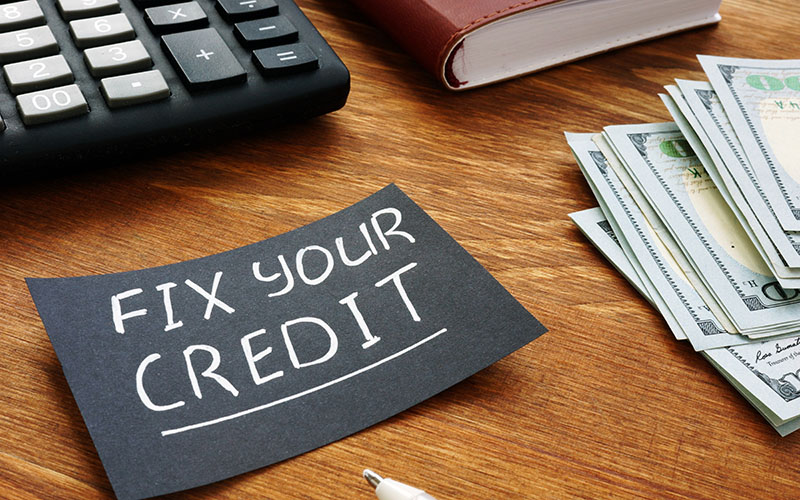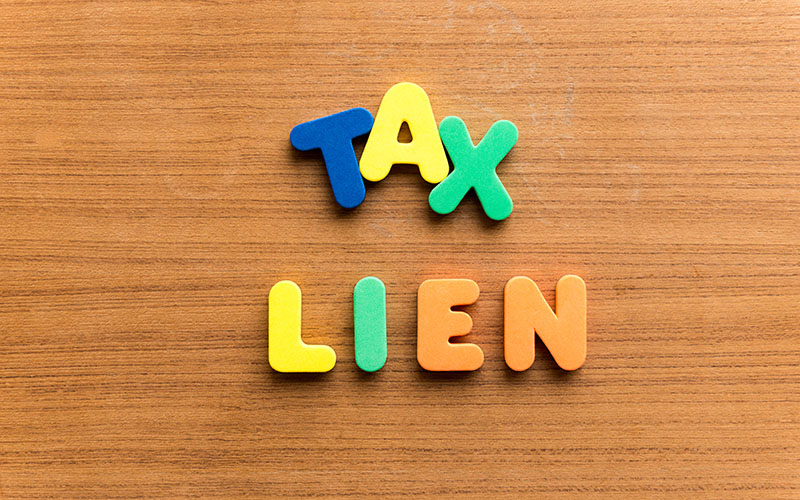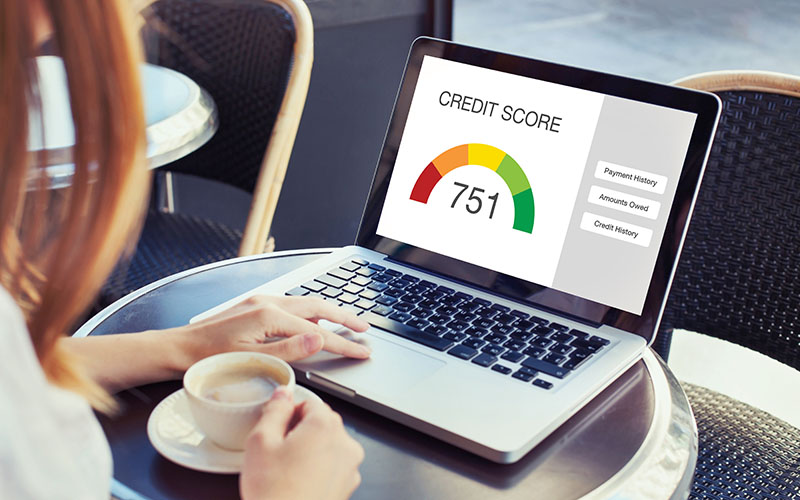Bad Credit? Here's How To Open A Bank Account Online
Key Takeaways
- ChexSystems and EWS track banking missteps like overdrafts and account closures, potentially preventing you from opening new accounts
- Second chance checking accounts are designed for individuals with poor banking history, often with higher fees and limited features but offer a path back to traditional banking
- Credit unions and online banks may offer more affordable and accessible second chance options than traditional banks
- Alternatives like prepaid debit cards and secured credit cards can help manage finances when bank accounts are unavailable
- Monitoring account activity and improving credit and banking history can lead to better financial opportunities in the future

In this day and age, having a bank account is a necessity. After all, it's used for nearly everything: paying bills, cashing checks without fees, taking out cash at an ATM, getting a new job, or even moving into a new apartment.
Unfortunately, if you have a history of overdrafts, insufficient funds, and bounced checks, your bank can terminate your account and prevent you from opening a new account at another major bank. You may even wind up with a ChexSystems record.
Below, we break down what to do if you wind up with a black mark on your record -- and how you can open a second chance checking account, even if no other banks will work with you.
How Does ChexSystems Affect Me?
ChexSystems is a consumer-reporting agency that reports information regarding issues with your checking account history from the previous five years. They may include the following information in your report:
- Name
- Social Security number
- Past addresses
- Overdrafts
- Unpaid fees and balances
- Fraudulent or suspected fraudulent activities
- Accounts closed involuntarily
- Bank account inquiries or applications
- Public records
Along with TeleCheck and Electronic Warning System (EWS) record (which also keeps track of bounced checks and overdrafts), a ChexSystems record can make it difficult for consumers to be approved for a checking or savings account.
ChexSystems and EWS come into play when you apply to open a new checking account since banks and credit unions generally review your ChexSystems report before deciding if you are approved or denied.
In addition to winding up with a ChexSystems or EWS record, some of the information included in those reports can impact your credit negatively. An overdraft can lead to an unpaid bill, which can then lead to an outstanding checking account that may be eventually sent to a collection agency. (A collections account can damage your credit severely and remain on your credit report for up to 7 years.)
If you're not sure whether you have a ChexSystems or EWS report, you can request one free copy of your checking account report annually (as outlined by the Fair Credit Reporting Act) or if you have been denied a bank account within the last 60 days (note: the bank or credit union that denied you is required to provide an adverse action notice with the contact information of the company that provided the ChexSystem's report). Otherwise, you are required to purchase one by phone or online.
Another reason to have a copy of your ChexSystems report is to make sure the information reflected in it is correct. Banks and credit unions can make errors, and just like a credit report, consumers have the right to challenge any inaccurate information they find on their ChexSystems and EWS reports. Both banks and ChexSystems are required to conduct investigations and make any corrections that are found.
If you don't dispute any negative information, it will remain on your report for five years. However, keep in mind that individual banks and credit unions have varying rules on how this negative information affects your ability to open a new bank account.
While ChexSystems can put a negative mark on your record, there are still many reputable banks and credit unions that don't refer to it in order to decide whether or not you qualify for a bank account; and even if they do, they may still offer you a second chance account.
What Is A Second Chance Bank Account?
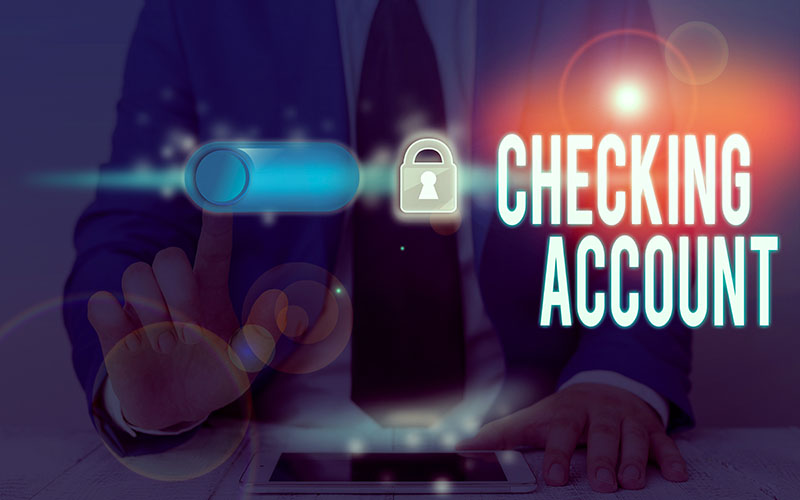
If you have been denied a checking account, you have other options: specifically, a second chance account.
A second chance account (also known as "fresh start checking") is available in all 50 states. It's specifically made for borrowers with bad credit to allow them to have a fresh start with their financial history. These accounts generally have higher fees, a minimum deposit requirement, and don't often have many of the perks a regular checking account would have, such as a debit card or overdraft protection. However, if you can show that you are responsible with a second chance account by building good checking history, you can eventually go back to traditional banking.
Bank Accounts For Bad Credit
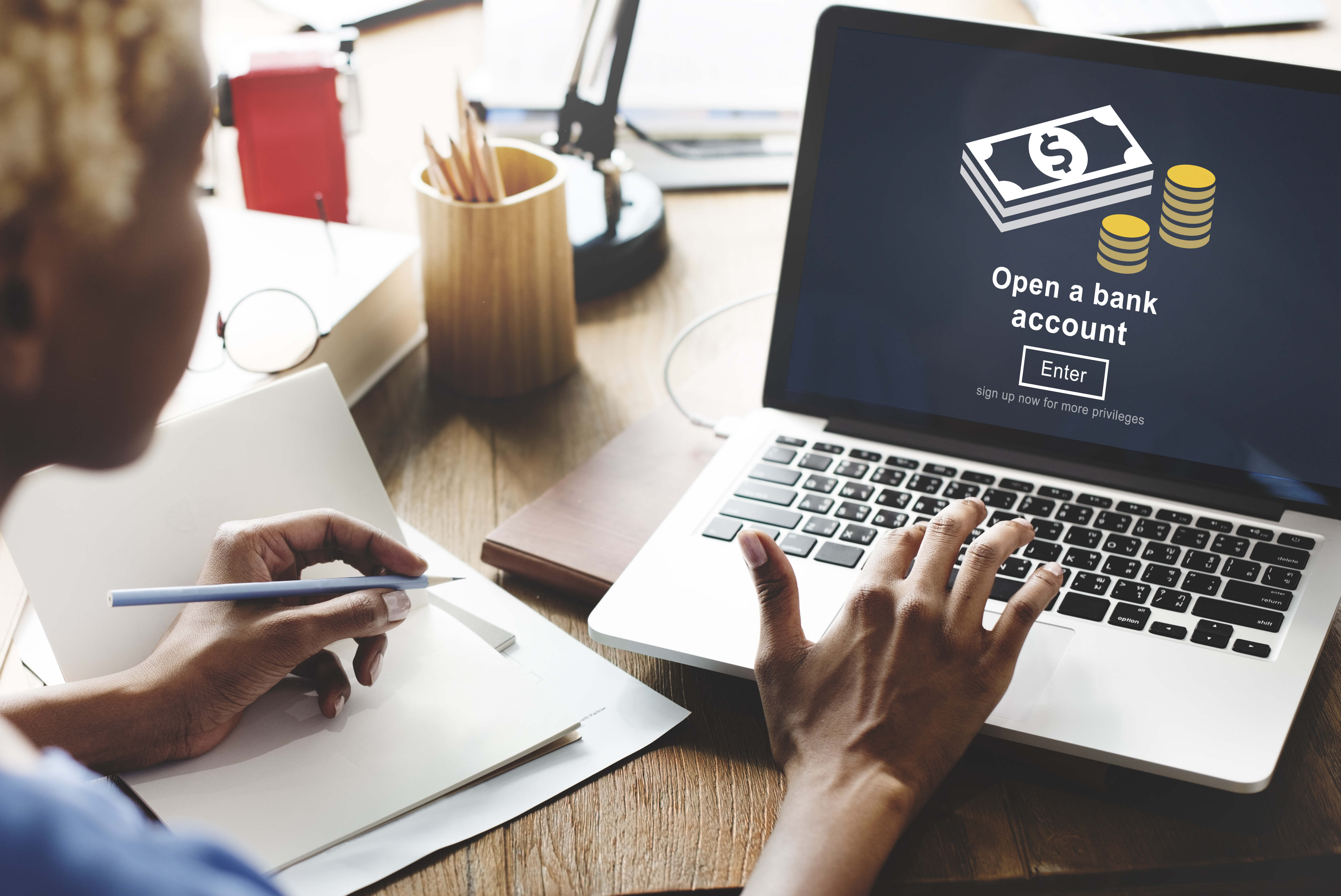
How To Pick A Second Chance Account
Whether you are shopping online or visiting your local bank or credit union, there are a few key factors to look for when choosing a second chance account:
- Low or no minimum balance requirement
- Low or no monthly fees
- Low or no limits on daily or monthly transaction amounts
- Perks such as debit cards, unlimited check writing privileges, and online payments without any fees
- Online checking account tools to track transactions, deposits, and bill payment
Unfortunately, not every second chance account will come with all of the above. You may not receive a debit card or you may be charged a small monthly fee for maintaining your account.
Where To Look:
Banks
Banks may offer you a second chance checking account under a different name such as Fresh Start Checking or Opportunity Checking; however, they will most likely have requirements regarding your state of residency and financial history.
Credit Unions
Your local credit unions will generally have multiple options for second chance accounts. These are usually more affordable and come with low (or no) monthly fees and low (or no) deposit requirements.
Since credit unions are essentially backed by their members (rather than a large organization like banks), you are more likely to find lower fees and better terms than what is offered at a bank.
Credit unions will probably require you to become a member to use their services; they may also have other requirements (such as the area in which you live, work, or go to school).
You can find a local credit union through Credit Union Locator, which is provided by the National Credit Union Administration.
Online
Thanks to the power of the internet, your options have greatly increased.
These days, opening a bank account is simple. The vast amount of options allow you to shop around and potentially find a second chance account with low or no fees and a minimum required deposit -- even with bad credit.
Online checking accounts such as Chime Bank are also beneficial if you prefer to do your banking through an app or website. If you'd rather meet with a representative in person though, you may have to find a checking account through a bank or credit union since very few online banks offer physical locations.
However, keep in mind that online banking has an advantage over banks and credit unions since many of them lack physical locations and don't need to pay for that space. This allows them to charge lower fees for their products.
Applying online is quick and simple. You simply have to provide your personal information (such as your legal name, physical address, phone, and email) and identification information (date of birth, driver's license, Social Security number, government-issued ID).
For your initial deposit, you may have to use a prepaid card, debit card, credit card, bank transfer, or mobile check deposit. If you don't have the means for any of these, you may want to ask a trusted family member or friend to send the funds once you have paid them the cash.
When you get a new account, avoid overdrafts by keeping track of your account and checking every transaction. Most banks will offer you an app, online access, and alerts.
Additionally, most banks will allow you to upgrade to a better (and free) account if you have kept up good checking history.
Alternatives To Second Chance Accounts
Even if you don't qualify for a second chance bank account, you have some other alternatives:
- Prepaid debit card: Prepaid debit cards allow you to load money onto your card (either online or at a retail store) and use it as a debit card. While this is more convenient than cash, it also comes with monthly fees (which may be waived if you have regular direct deposits) and will not solve online transfers or bill payment problems.
- Secured credit card: A secured credit card works like a credit card except that your line of credit is secured by collateral -- specifically, you deposit your own funds. Like a regular credit card, you will pay interest on any balances that aren't paid in full.
Fixing Bad Credit
Your checking account history is important, but so is your credit history; and just like you can improve your checking history, you can work on your credit to qualify for better loans and financial offers in the future.
Don't know where to start? Look to our reputable credit repair services to begin.
What are the pros and cons of second chance accounts?
Pros:
- Can help improve banking history
- Great alternative to prepaid debit cards or check-cashing services
Cons:
- May come with monthly fees that can't be waived
- Consumers may have to set up direct deposit or complete a money management course
- No overdraft protection
Will banks and credit unions check my credit history?
Banks and credit unions check your credit report when you apply. This is usually a soft pull (which does not affect your credit) rather than a hard pull (which damages your credit slightly). Your credit history is used to help them determine whether or not you have any major red flags, such as unpaid debt, collections, or bankruptcy.
How do I know if I am on ChexSystems?
You can request a ChexSystems report by phone, mail, online, or fax. To contact ChexSystems by phone, call 1-800-428-9623 and verify your personal information through ChexSystem's voice messaging system.
Can I be removed from ChexSystems?
Like credit repair, there are steps you can take to clean up your ChexSystems record:
- Request your ChexSystems report
- Dispute any errors either by using the information in your adverse action notice, online, or in writing
- Online: www.chexsystems.com
- ChexSystems Inc Attn: Consumer Relations 7805 Hudson Road, Suite 100 Woodbury, MN 55125
- Pay off your debts
- Ask the creditors to remove information
- Check to see that the record has been dropped
Edited by:
Bryan Huynh
•
Product Tester & Writer

